High pesticide residue levels made organic brand Yogi Tea recall close to 900,000 bags of tea. These residues would make the tea unsafe to consume.
Buyers of one particular type of tea bags that contain pesticide residue are asked to discard it or return to the place of purchase and ask for a refund. But details about the return-and-refund procedure are still sketchy.
Immune Support Tea

The recall is targeting a particular type of tea from Yogi Tea: Organic Yogi Echinacea Immune Support. It’s purported to be a caffeine-free tea, blending several herbs including Echinacea, Black Elderberry Extract and Mullein.
The normally well-reviewed tea has been labeled dangerous due to “pesticides residues detected above action levels,” per the U.S. Food and Drug Administration (FDA) announcement.
Nearly 900,000 Tea Bags Recalled
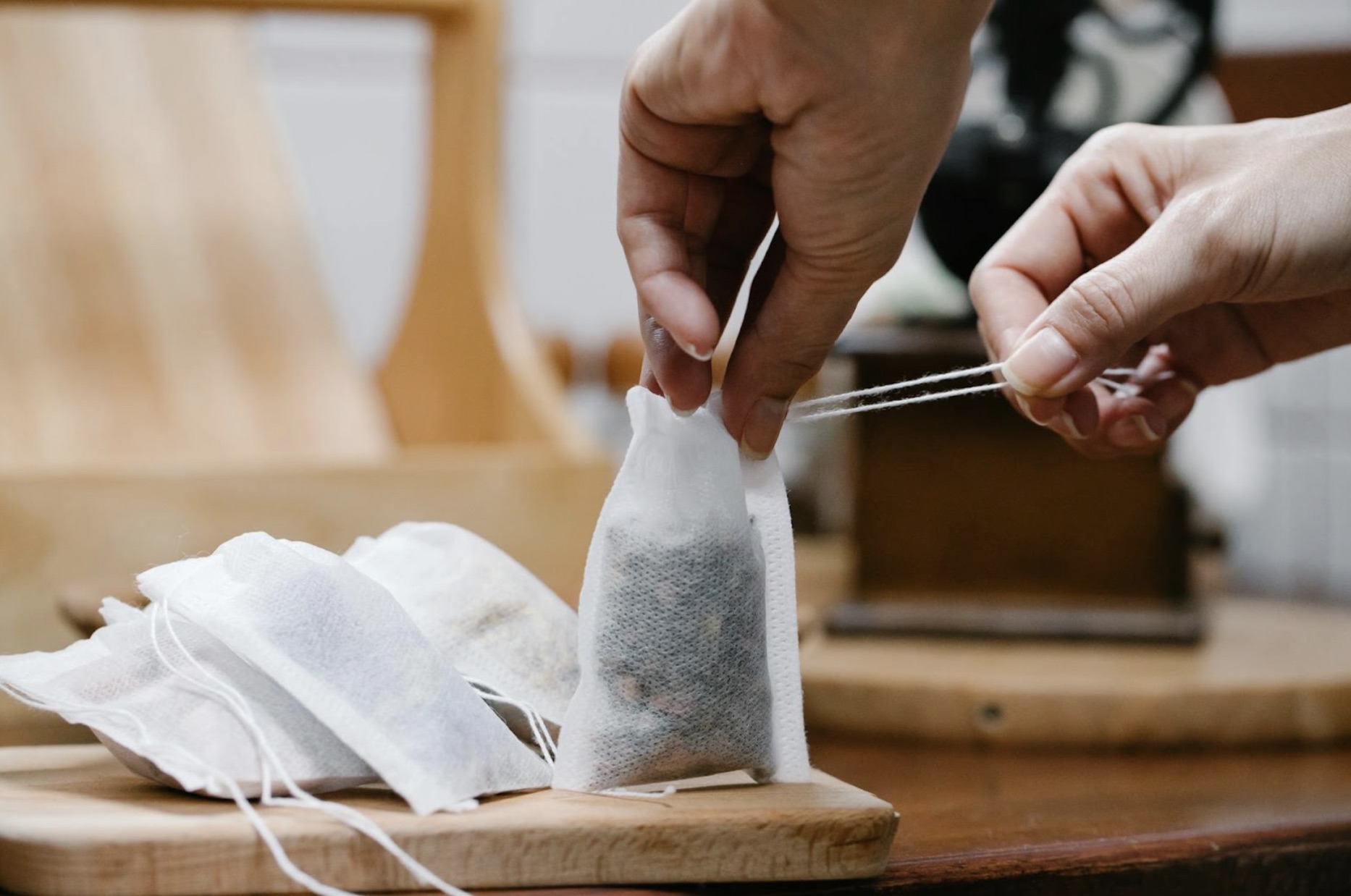
The total number of recalls are for 54,846 packs, containing 16 tea bags per pack. When you count the individual bags, the total number for tea bags recalled is 877,536.
The packs will indicate if the Immune Support tea pack you’ve purchased is among those recalled. Check for the following UPC: 0 76950 45010 3. On the left side of the box, there’s also a lot code you can check (next to the Best By date). If the lot code matches one of these series of numbers, it means the product is contaminated.
No Official Word From Parent Company
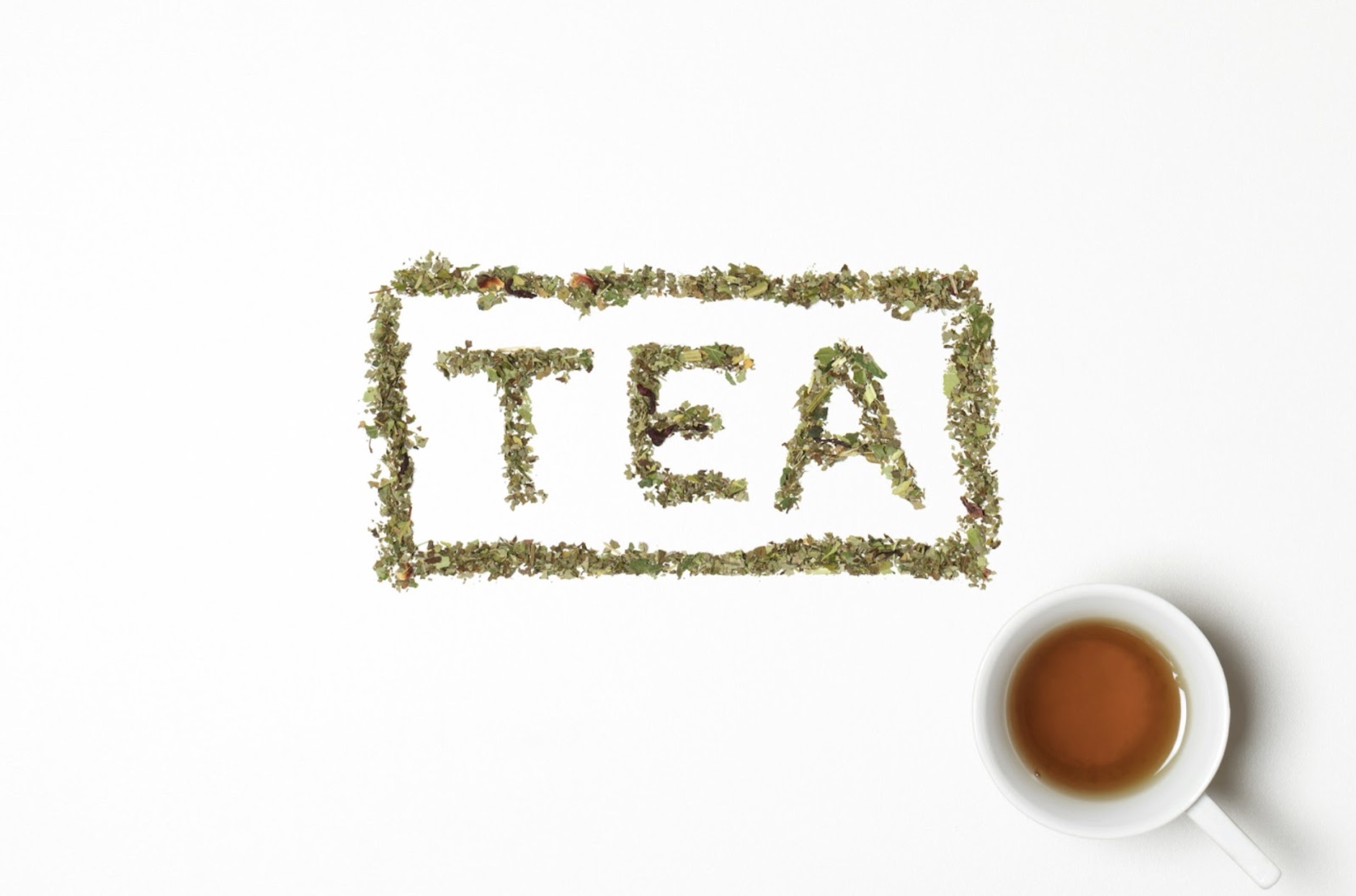
East West Tea Company, LLC, has not issued a full press release for this recall. As such, there’s no guarantee any store will accept the return and refund of this product.
Anyone who’s purchased the tea is advised to just chuck it out immediately. Unfortunately, that would mean losing something worth almost $24 in value.
FDA Hasn’t Released a Press Statement
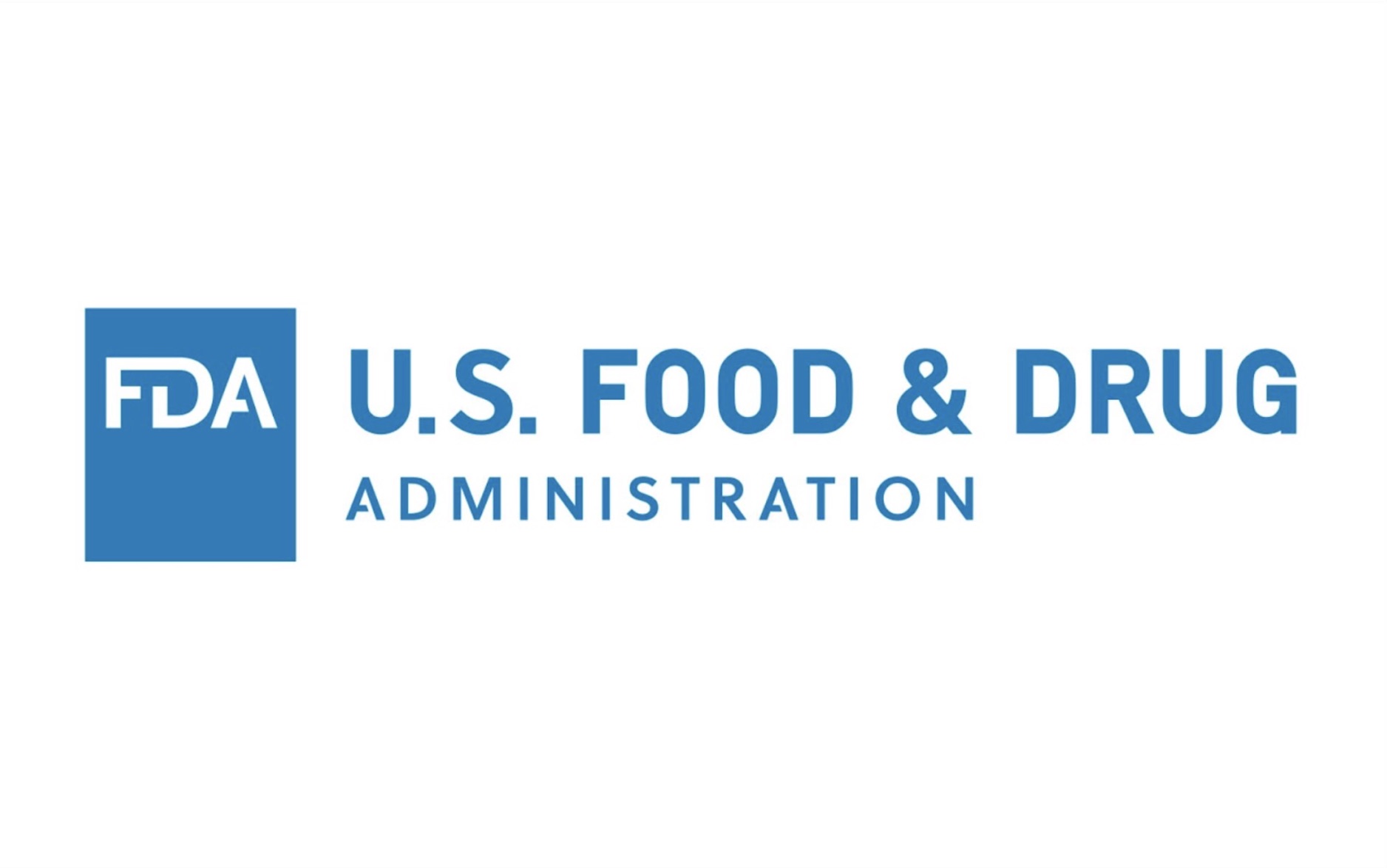
The FDA also hasn’t released a full press release statement about this recall. So there’s no detailed information about which specific chemicals exceeded the action levels (a term describing the acceptable levels of contamination).
Nonetheless, the FDA assigned a “Class III” classification. This means that drinking the tea is unlikely to cause adverse health consequences. And thankfully, there’s been no report of illnesses caused by drinking the tea yet.
Pesticides in Tea
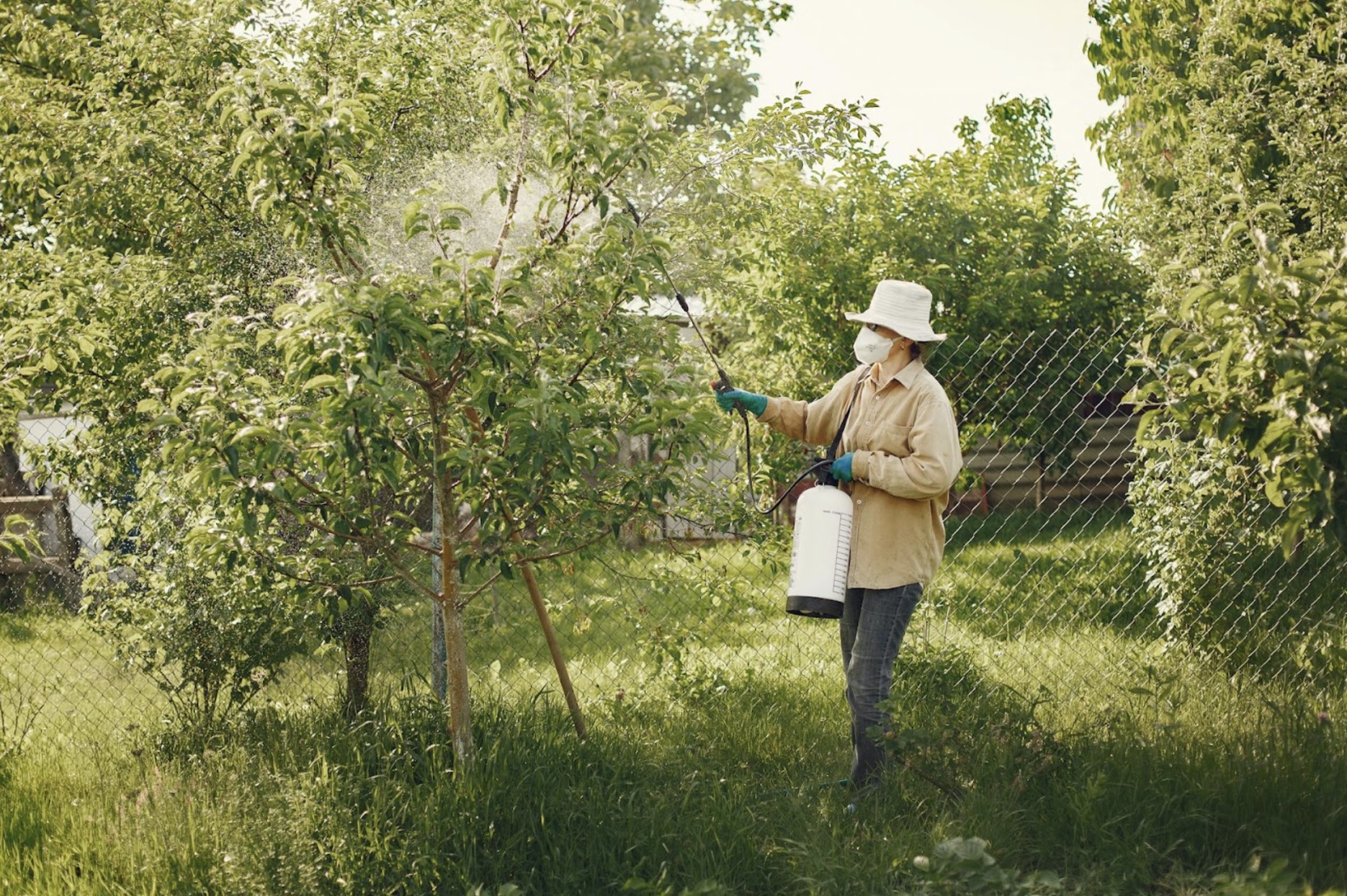
If you’re wondering whether it’s common to find pesticides in tea, the answer is yes. Tea farmers often use pesticides to protect tea trees and leaves from all kinds of pests—insects, weeds, fungi and whatnot.
There are limits for the amount of pesticide residues allowed to remain in or on food and still be safe for consumers. The Environmental Protection Agency (EPA) sets the limits, while the FDA monitors it.
FDA Testing and Reporting

One of the ways the FDA implements monitoring is by testing the food products for over 800 pesticide chemical residues. Later, they report on the testing results.
Farmers sometimes will be unable to avoid pesticides found in the environment, even when they perform safe practices everywhere. That’s why the FDA sets an “action level”—a limit for these unavoidable pesticides. Products with pesticide residues above the action level are generally deemed unsafe to consume. Later, they will be recalled.
Pests Are Unavoidable
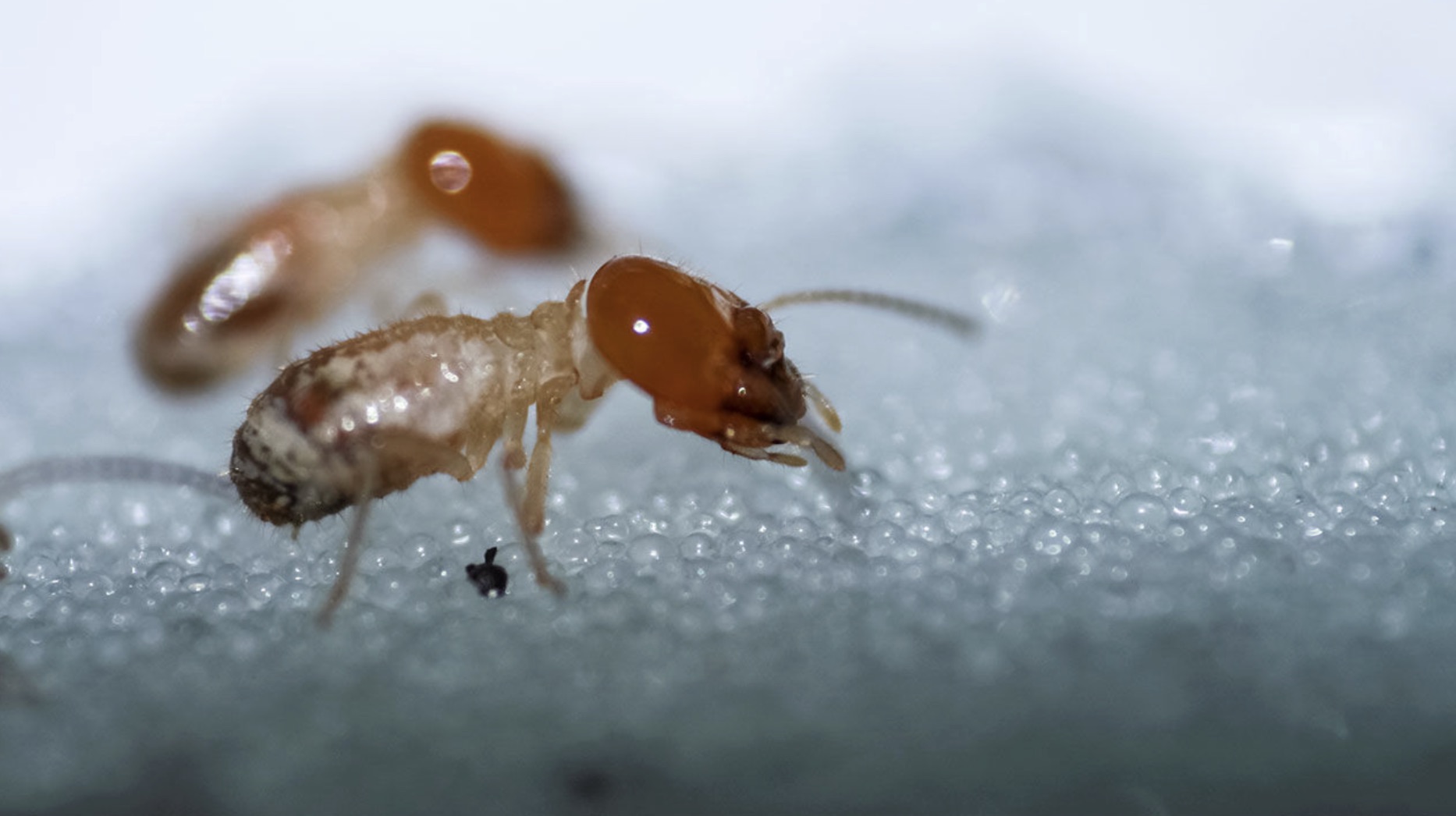
The reason why farmers sometimes can’t help but use pesticides is because pests are unavoidable in tea farming. Tea plantations are like forests of single species, where the stable microclimates support insect pests and diseases.
These plantations can host up to 380 different fungal pathogens and 250 insect species, including tea mosquito bugs and termites. They cause diseases such as blister blight, gray blight and stem canker.
Climate Change Issues

Worse yet, climate change worsens the pest problem. Changing weather plants help pests and diseases spread more widely between the plants.
As a result, the quality and quantity of tea production can be severely compromised by pests. Farmers in tea-producing countries like India feel the effects in a more devastating manner because tea farming is integral to the economy.
Using More Natural Alternatives
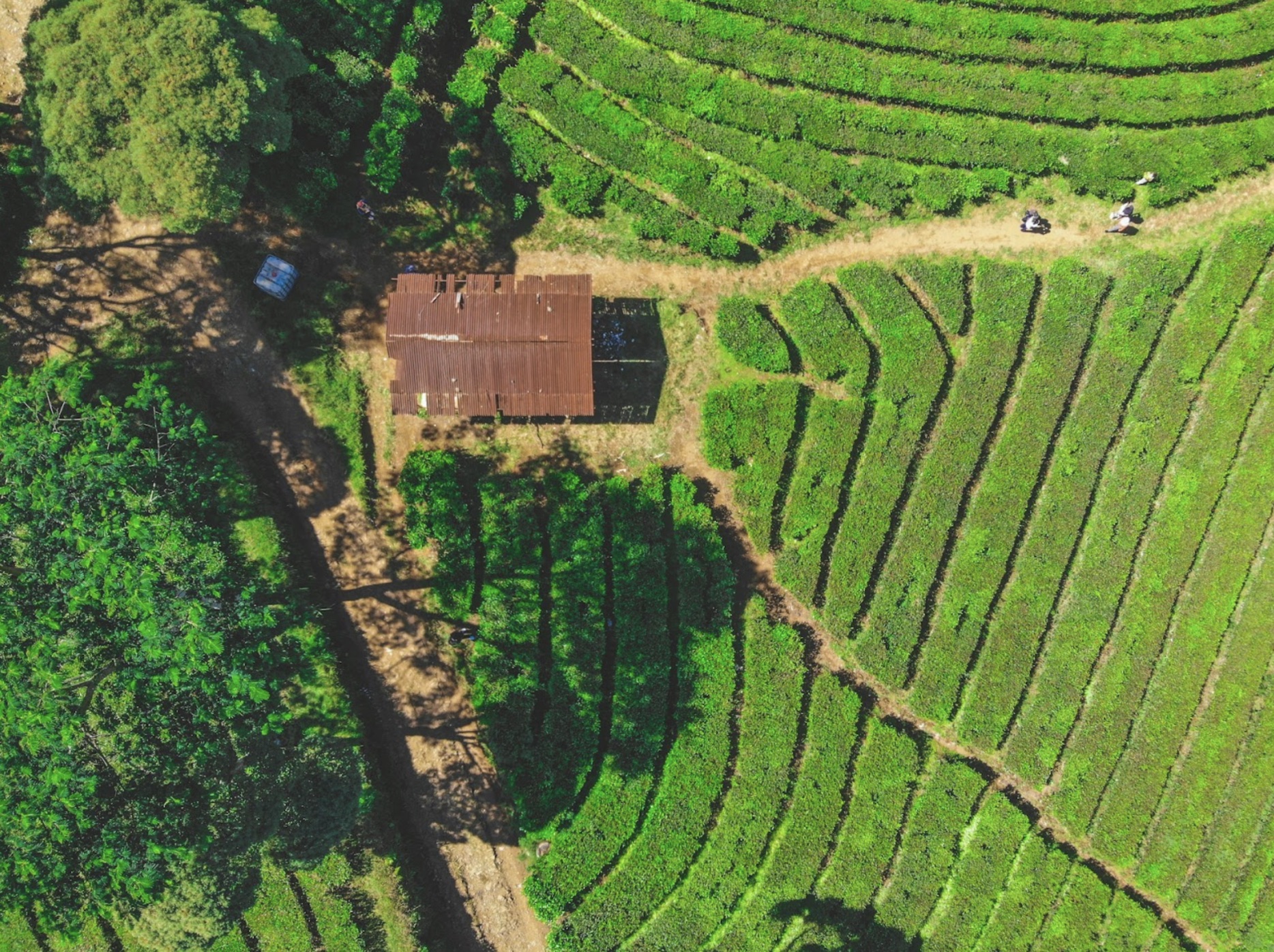
Chemical pesticides are now getting increasingly regulated by governments, like the way the EPA and the FDA are doing to American tea farmers.
Other alternatives are also being explored, such as using biocontrol and biopesticides. One natural biocontrol to manage pests is using Trichoderma, a type of fungi used to control fungal diseases in plants.
Depending on Other Organisms

Another proposed method that’s common in the Yunnan Province of China, is by planting shade trees that attract spiders. Spiders will then weave their webs around the tea trees and prey on pests that attack the leaves.
The method is not 100% effective, as some species will still get around the webs, but they will attract natural predators. Praying mantises or assassin bugs will come and also target the pests. Planting shade trees helps further as they create a thriving ecosystem in the plantation, inviting birds to come and prey on larger insects.
A Case of Unfortunate Residues
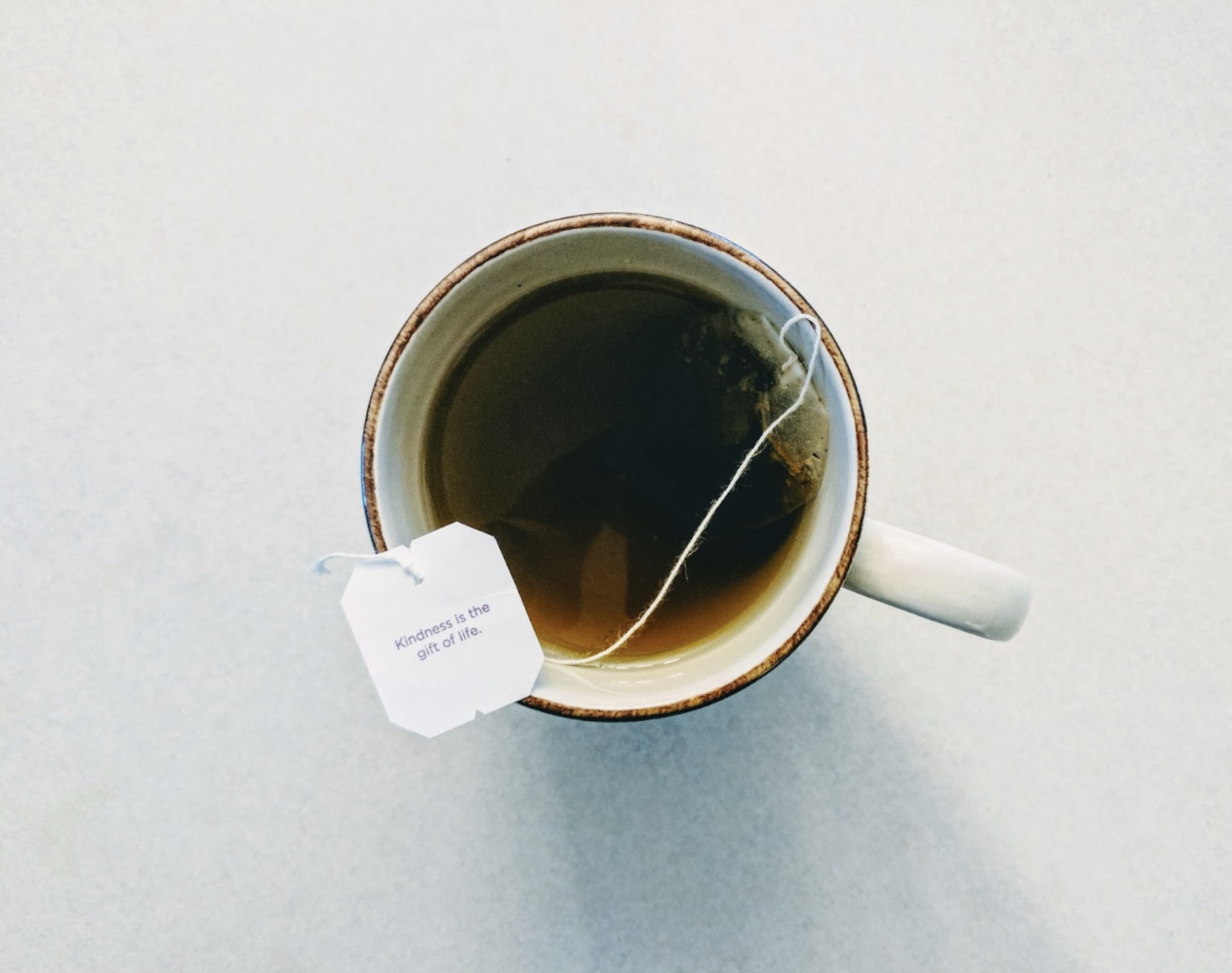
Tea farming is just as complicated as any other crop farming. Even Yogi Tea, whose organic products are USDA-certified, non-GMO stamped, and follow “stringent quality standards, supply chain controls and testing programs,” can still suffer from a case of unfortunate residues.
The brand has done the responsible thing by working with the FDA to recall their unsafe products since March 12. Remember to discard the defective product if you find a matching code as explained above. Customers can also contact East West Tea Company at 1-800-964-4832 or open the Contact Us page on Yogi Tea’s website.








































